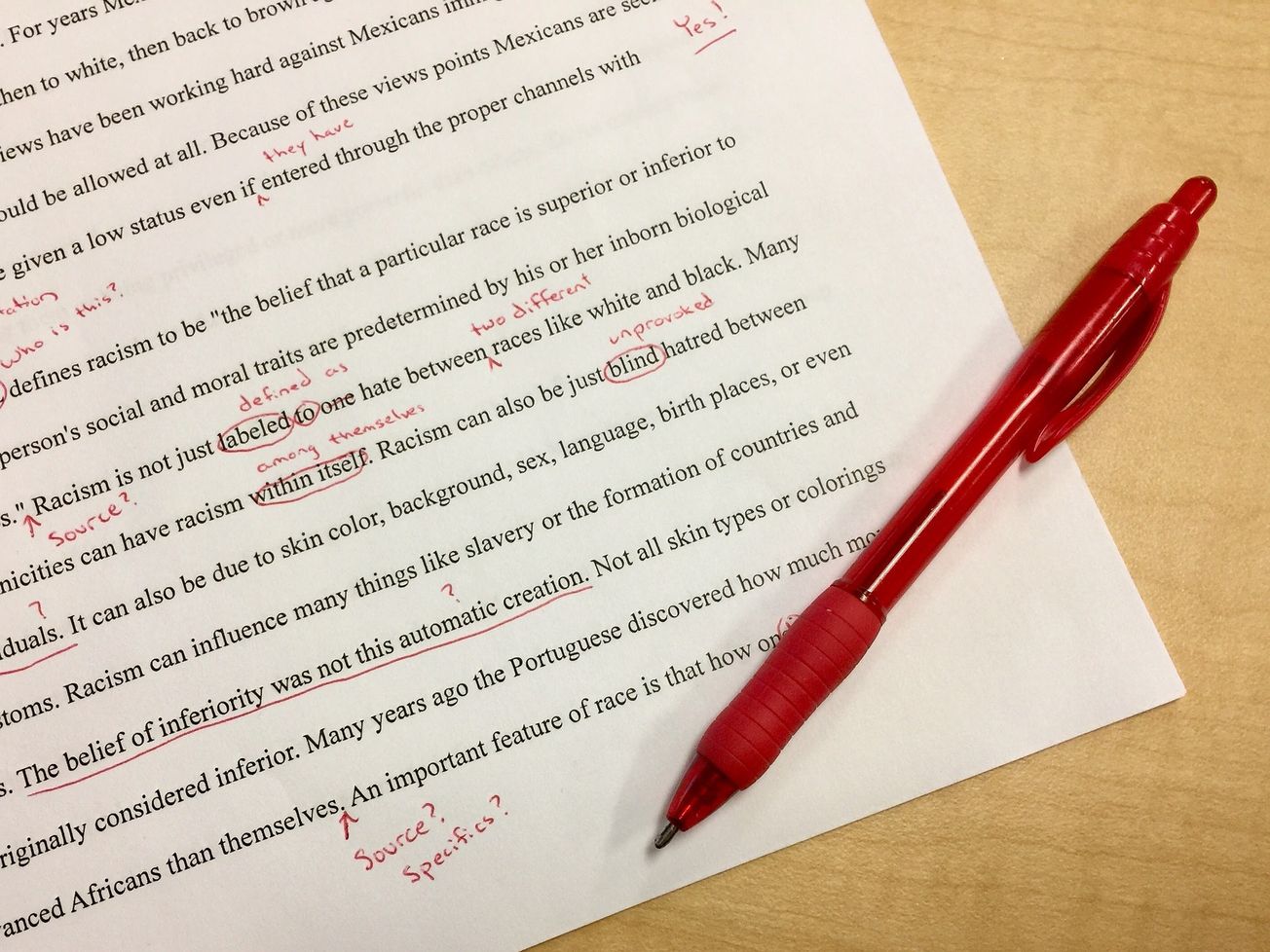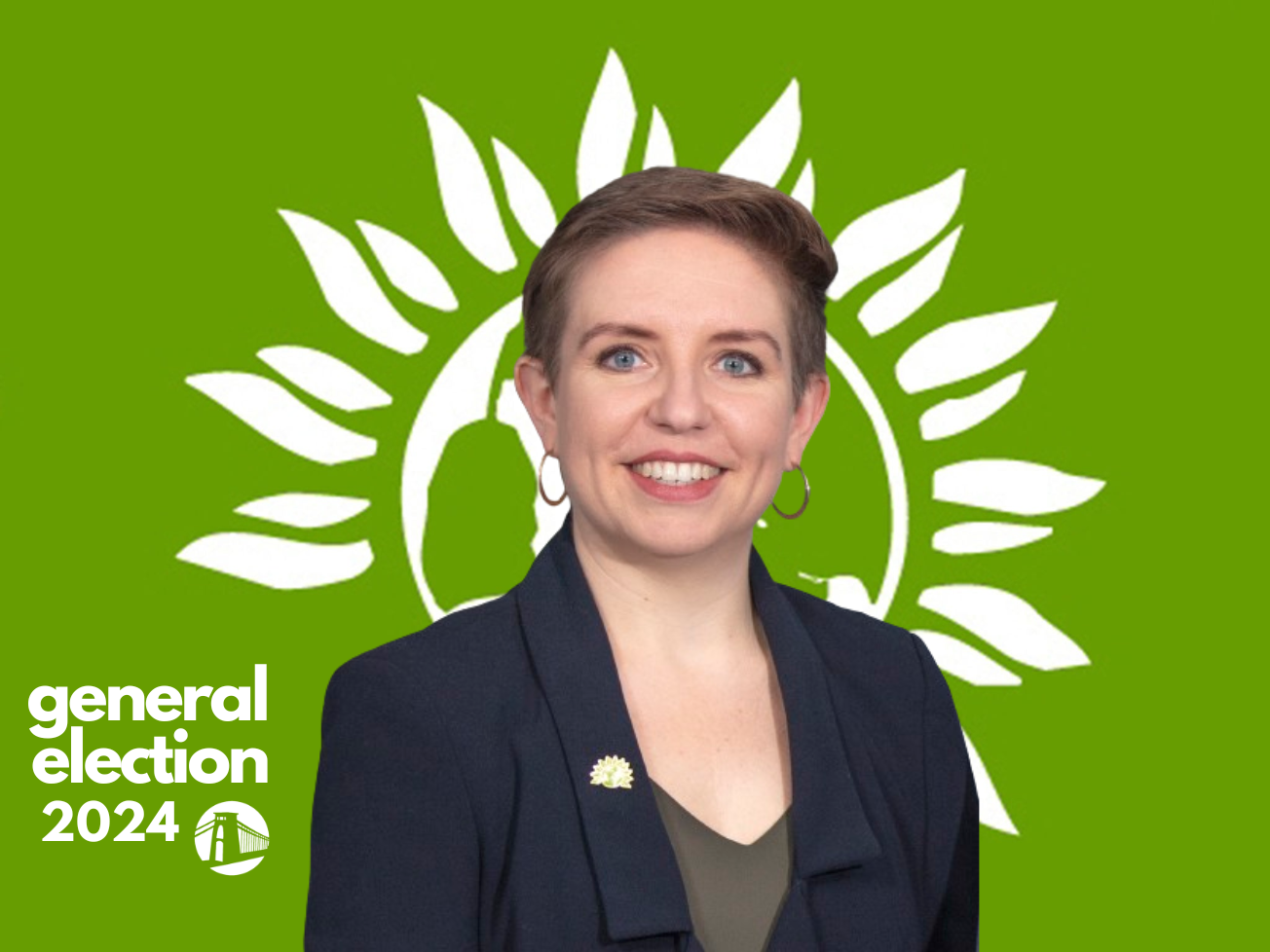By Jessica Lees, Third year Politics and Sociology student
On the 20th of April the UCU announced it will ‘Cease undertaking all summative marking and associated assessment activities duties.’ It is the latest strategy being deployed by university staff in their efforts to secure better pay and working conditions.
On the 25th of January, the UCEA offered the UCU an improved pay deal at 5-8 per cent for the 2023 to 2024 academic year. They claim it is the highest higher education pay offer made in nearly 20 years.
Despite this, the UCU rejected the offer. This is because, when matched against the current rates of inflation, the proposal actually results in a real terms pay cut.
'WE HAVE YOUR BACK'
— UCU (@ucu) April 20, 2023
A statement from UCU general secretary @DrJoGrady on the marking and assessment boycott
Please read and share#ucuRISING pic.twitter.com/KIut1SPRlA
Alongside this, the UCEA has not offered to remove zero hour and temporary contracts. This is a crucial concern and central demand for striking lecturers, who argue that being employed on a short-term basis is precarious and insecure.
The UCU has stated the boycott will continue unless the disputes are settled. It will mean the non-marking of all assessments - including final year dissertations - from both undergraduate and postgraduate students.
The UCU intends to extend the boycott to the processing of marks. Administrative duties like distributing scripts, invigilating exams and organising assessment boards will also not be taking place. Final year students have expressed apprehension about the boycott's impact on their graduation dates.
We asked a number of students what they thought about the marking and assessment boycott…
— Jo Grady (@DrJoGrady) May 11, 2023
Watch, share, stand together.
UCU and proud.
pic.twitter.com/60mNoQpAFz
If these strikes continue into the summer months, students will be left unknowing whether they have passed or failed their exams, meaning they will be unable to make important long-term decisions regarding their future employment.
In an email sent to students on the 4th of April, Professor Tansy Jessop, the Pro Vice Chancellor for Education, and Paula Coonerty, the Executive Director of Education and Students Success, said the recent UCU announcement was ‘Unsettling news, particularly on top of the industrial action that has already taken place.’ They assured students there are ‘Appropriate mitigations in place’ to combat the impact of the boycott.
Epigram spoke to Bristol students to hear their views on the marking and assessment boycott. One student, who wished to remain anonymous, believed that the email wasn’t reassuring enough and that the university was ‘Leaving students in the dark, especially final year students who are now unsure whether they will even graduate or not.’
Academic staff face losing their entire month's pay over a marking and assessment boycott which will see them refuse a few hours' work.@pollysmythe reports.https://t.co/NkvHFrjmKy
— Novara Media (@novaramedia) May 11, 2023
The student went on to say that: ‘I understand that the whole purpose of strikes is to be as disruptive as possible and I see how that has been achieved with the teaching strikes, but I just don’t see how this assessment and marking boycott will do more good than harm.’
It seems that these sentiments are shared by students across the university: a poll by Epigram found that 68 per cent of student respondents did not support the marking and assessment boycotts. One student, who said they felt ‘So neglected’, told Epigram that ‘The university needs to give students more information.’ Another felt the boycott was ‘Taking the piss after so many strikes.’
Not all students shared this opinion. One respondent said that ‘We need to acknowledge that it’s not making a difference unless it causes disruption’ and that students should ‘Take their problems to the university, not the staff.’
'You feel like you're letting the side down' | Why some lecturers aren't striking
‘They’re not listening to us’ | Students and teachers express concerns about the Minimum Service Levels Bill
The overall feeling from students is one of confusion due to the lack of information given to them by the university. After a disruptive few months and exam season looming, these feelings are certainly understandable.
Featured Image: Pixabay / Anne Karakash
Do you support the marking and assessment boycott?








